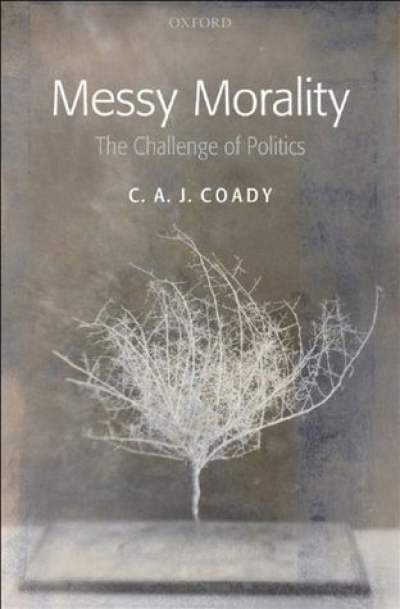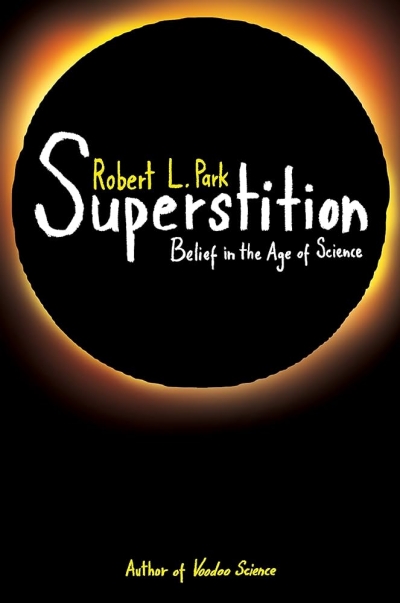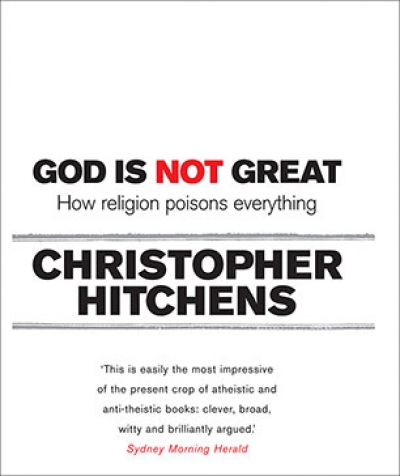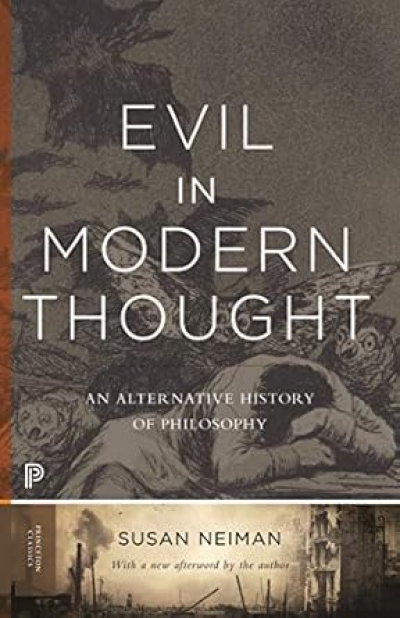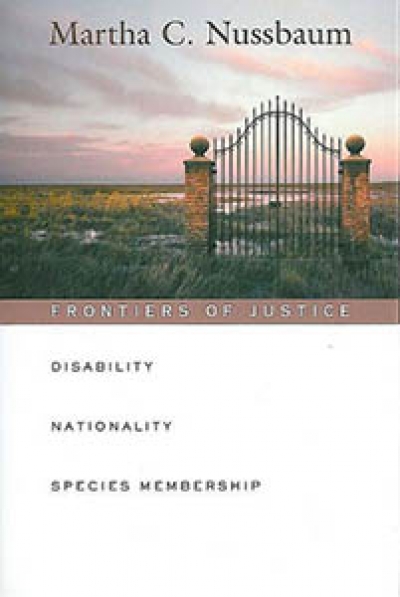Tamas Pataki
The Joy of Secularism: 11 Essays for How We Live Now edited by George Levine
Beyond Belief: Skepticism, science and the paranormal by Tamas Pataki
In Search of Civilization: Remaking a tarnished idea by John Armstrong
God is Not Great: How religion poisons everything by Christopher Hitchens
Evil in Modern Thought: An alternative history of philosophy by Susan Neiman
Frontiers of Justice: Disability, nationality, species membership by Martha C. Nussbaum
Tamas Pataki opens his review of Antony Loewenstein’s My Israel Question (October 2006) with a lengthy denunciation of the recent war in Lebanon. He decries Israel’s counterattack against Hezbollah as an ‘atrocity’, citing the ‘awful statistics’ of Lebanon’s larger casualty toll as evidence of the Jewish state’s nefariousness. But this is a curious calculus that ignores questions of who breached the peace by attacking whom, and the ethics of using civilians to shield military operations. The fatuousness of Pataki’s moral yardstick becomes apparent when it is applied to World War II. Germany suffered far greater casualties than the Western Allies. Surely this did not confer upon Nazism the status of righteous victim in that conflict. Pataki uncritically parrots Loewenstein’s contention that Israel’s ‘illegal occupation’ is the ‘cause of legitimate Palestinian resistance’. If by ‘occupation’ he means the territories captured by Israel in 1967, the timeline of conflict tells a different story. The Palestinian Liberation Organisation was founded in 1964 with the goal of Israel’s destruction. Arab violence against Jewish communities in the Holy Land even preceded the establishment of the Jewish state in 1948. So it seems that the ‘cause’ of terrorism is, after all, not Israel’s presence in the West Bank but, rather, Israel’s presence in any form.
... (read more)


